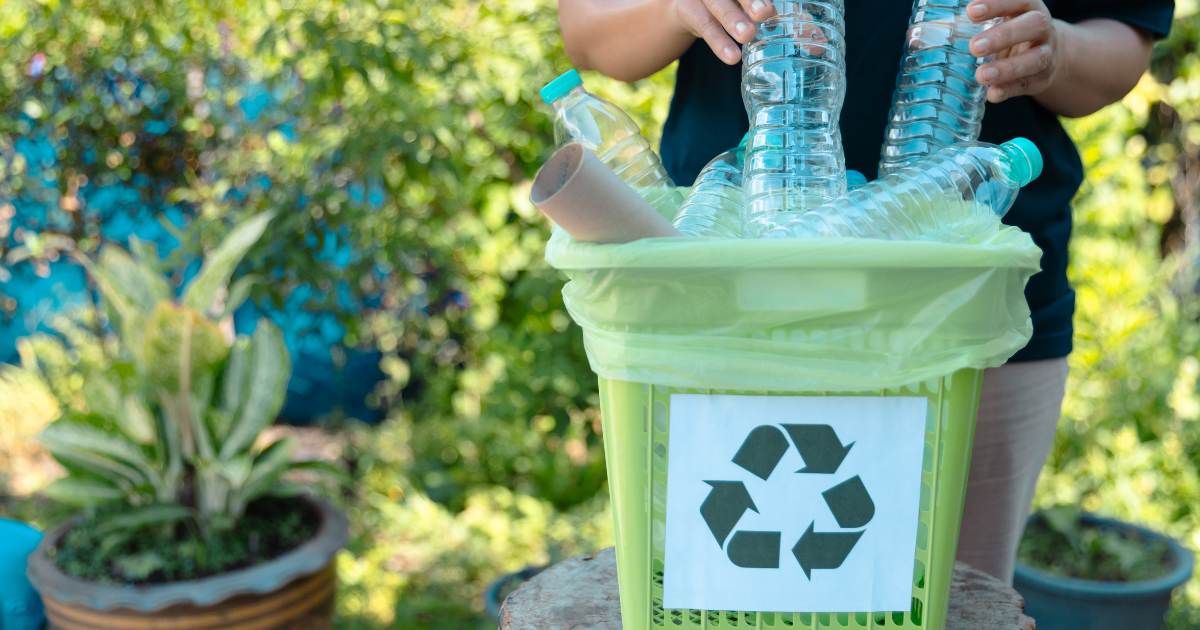Many Industries face a range of challenges, particularly in today’s environment where there is a growing focus on environmental sustainability and reducing plastic waste. Industries like Packaging Industries, Retail and Consumer Goods, Food and Beverages Industry, Healthcare and Pharmaceutical Industry, Construction and Building Materials, Automotive Industry, and Electronics Industries get massive backlash because of their massive plastic waste generation.
Some of The Key Challenges in Managing This Plastic Waste Include:
Environmental Concerns: The environmental impact of plastic production and disposal is a major challenge. Plastic waste, especially single-use plastics, can contribute to pollution, harm wildlife, and persist in ecosystems for long periods.
Regulatory Pressures: Governments and regulatory bodies are increasingly imposing restrictions on plastic production and use, such as bans on certain plastic items or requirements for extended producer responsibility (EPR) to manage plastic waste.
Consumer Awareness: Growing awareness among consumers about plastic pollution and environmental issues has led to changing preferences. Many consumers are seeking alternatives to plastic, which can affect the demand for plastic products.
Recycling Challenges: The recycling of plastics can be complex and costly due to the variety of plastic types, limited recycling infrastructure, and challenges in separating and processing mixed plastics.
Supply Chain Disruptions: The plastic industry relies on raw materials, which can be subject to price fluctuations and supply chain disruptions, impacting production costs and profitability.
Some Key Acts and Policies Related to Plastic Waste Management and Recycling in India As of Today Are :
Plastic Waste Management Rules, 2016:
These rules lay down guidelines for managing plastic waste, including collection, segregation, recycling, and disposal. They also promote the concept of Extended Producer Responsibility (EPR), making producers responsible for collecting and recycling the plastic waste generated from their products.
Plastic Waste (Management and Handling) Amendment Rules, 2018:
These rules introduced changes to the 2016 rules, including the phasing out of multilayered plastic and the promotion of alternative materials.
E-Waste (Management and Handling) Rules, 2016:
While primarily focused on electronic waste, these rules also cover the management of e-waste containing plastic components. Producers of electrical and electronic equipment are responsible for the environmentally sound disposal of e-waste, including plastic parts.
National Green Tribunal (NGT) Orders:
The NGT has issued various orders related to plastic waste management, including directing states and Union Territories to formulate action plans for plastic waste disposal and take measures to reduce plastic pollution
Some people consider the extensive use of plastic to be ethically problematic:
Environmental Pollution: Plastics can persist in the environment for hundreds of years, contributing to litter, pollution of ecosystems, and harm to wildlife. When plastic waste is not properly managed, it can end up in oceans, rivers, and landfills, causing damage to natural habitats and ecosystems.
Marine Life Impact: Plastic pollution in oceans poses a significant threat to marine life. Marine animals can ingest or become entangled in plastic debris, leading to injury or death. This raises ethical concerns about our responsibility for causing harm to other species through our plastic consumption.
Health Risks: Some plastics contain additives and chemicals that can leach into food, water, and the environment, potentially posing health risks to humans and animals. The ethical concern is that the use of plastics can result in unintended harm to health.
Resource Depletion: The production of plastics relies on fossil fuels, contributing to resource depletion and greenhouse gas emissions. This exacerbates climate change and raises ethical questions about our responsibility for contributing to environmental degradation.
At A3 Technocrafts, we’ve got some amazing solutions to tackle plastic waste and positively impact the environment. Check them out:
1. Advanced Plastic Recycling: Our cutting-edge technology allows us to mechanically recycle plastic waste, transforming it into new products. This helps reduce plastic waste in landfills and conserves valuable resources.
2. Chemical Transformation: With our innovative chemical recycling methods, we can break down plastic waste into its chemical components. These components can then be used to produce new plastics or other valuable chemicals, minimizing the need for virgin materials.
3. Sustainable Feedstock Conversion: Our feedstock recycling process converts plastic waste into useful raw materials like chemicals, fuels, and feedstock. This not only reduces plastic waste but also helps decrease reliance on fossil fuels.
With these solutions, we can make a significant impact on plastic waste management and contribute to a cleaner, greener future. Let’s work together to create a sustainable world.
Follow us
